Some of the biggest fast-food chains in the United States are in hot water after a record number of minors were discovered to be working behind the counter. According to reports children as young as 10 years old were a part of this staggering increase in child labor law violations.
Which restaurants were the biggest offenders and how was this allowed to happen? Let’s get into it!
The Spike in Child Labor Law Violations
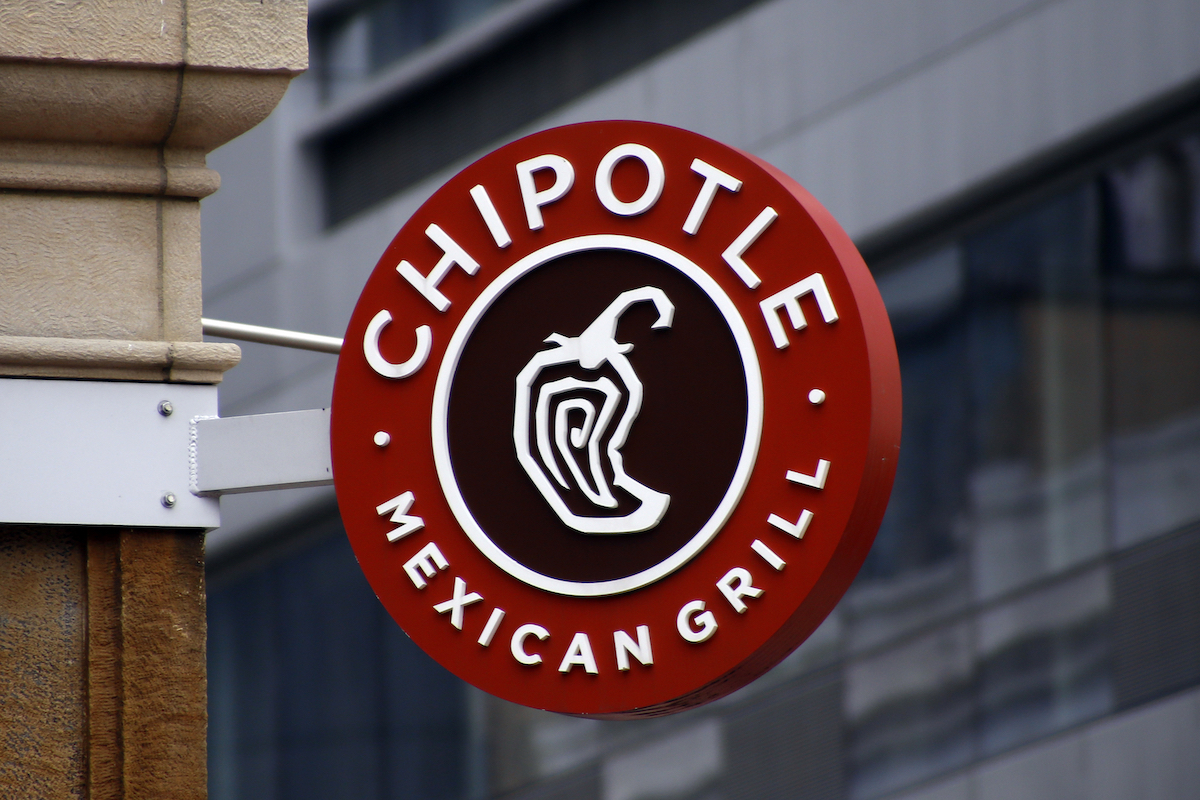
The DailyMail reports that nearly 6,000 children under the legal working age of 16 were recorded to be working a variety of jobs. According to the Department of Labor, this is a staggering increase compared to 2015, which found only 1,000 children working.
The worst offenders were fast food restaurants, like Chipotle. While it is not uncommon to find teenagers working at these jobs, fast food restaurants often violate labor laws to exploit their workforce.
What Is the Child Labor Law in the U.S.?

The federal child labor laws in the U.S. generally prohibit minors under the age of 14 from working in nonagricultural occupations and restrict the hours and type of work that employees under 16 years old can work.
These labor laws have been in place since the 1930s and are designed to protect children’s education and development before entering the workforce.
Child Labor Laws Tripled in Franchised Workplaces
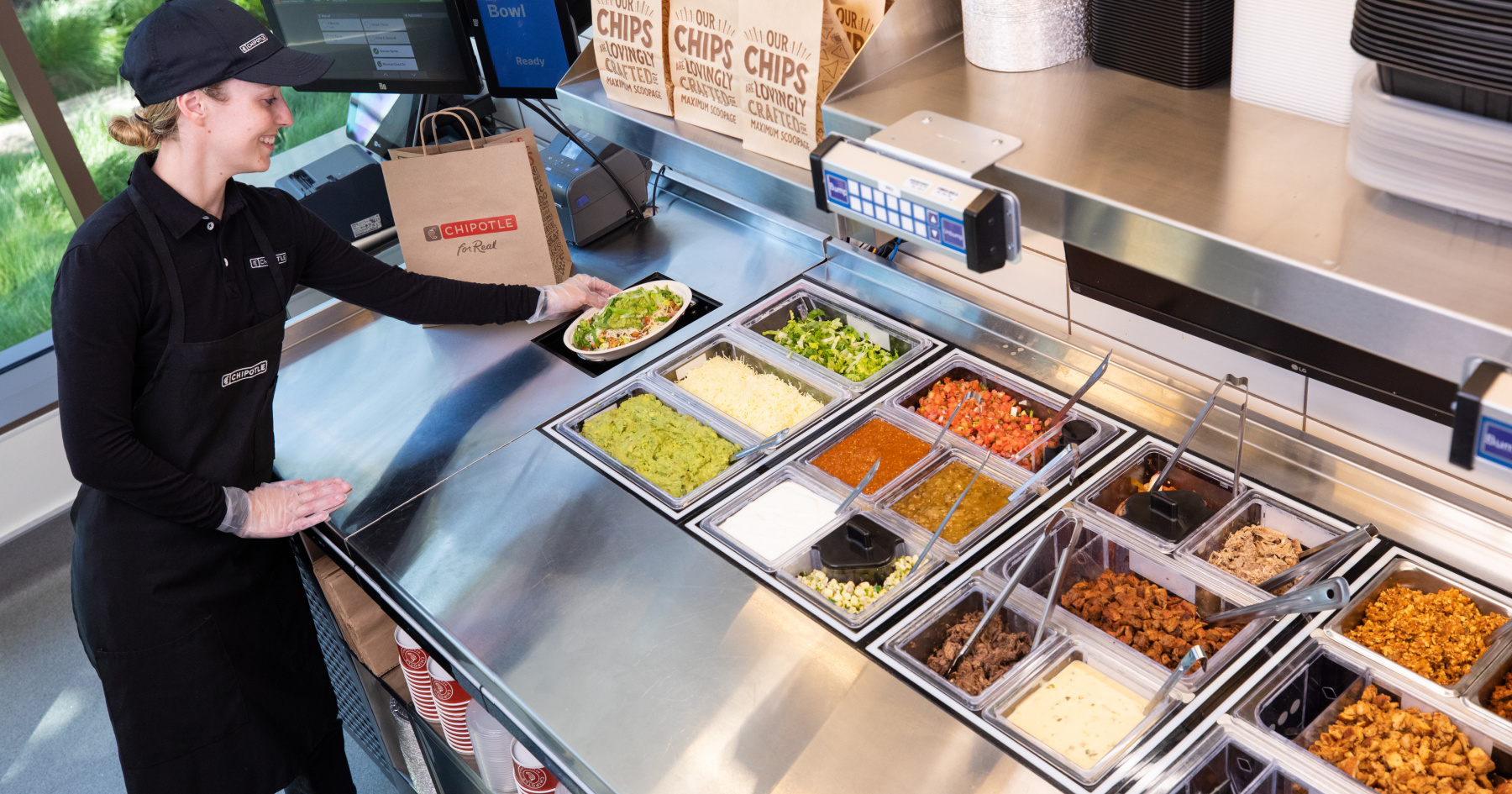
In the last 10 years, child labor violations in food service have tripled, according to a Washington Post analysis of federal data. In the first nine months of 2023, officials found more than 4,700 teenagers under 18 working in violation of federal child labor laws.
Companies with franchise locations like McDonald’s, Sonic, and Chick-fil-A are among the worst culprits, as more than three-quarters of those teens working are in food service.
McDonald’s Is the Worst Offender
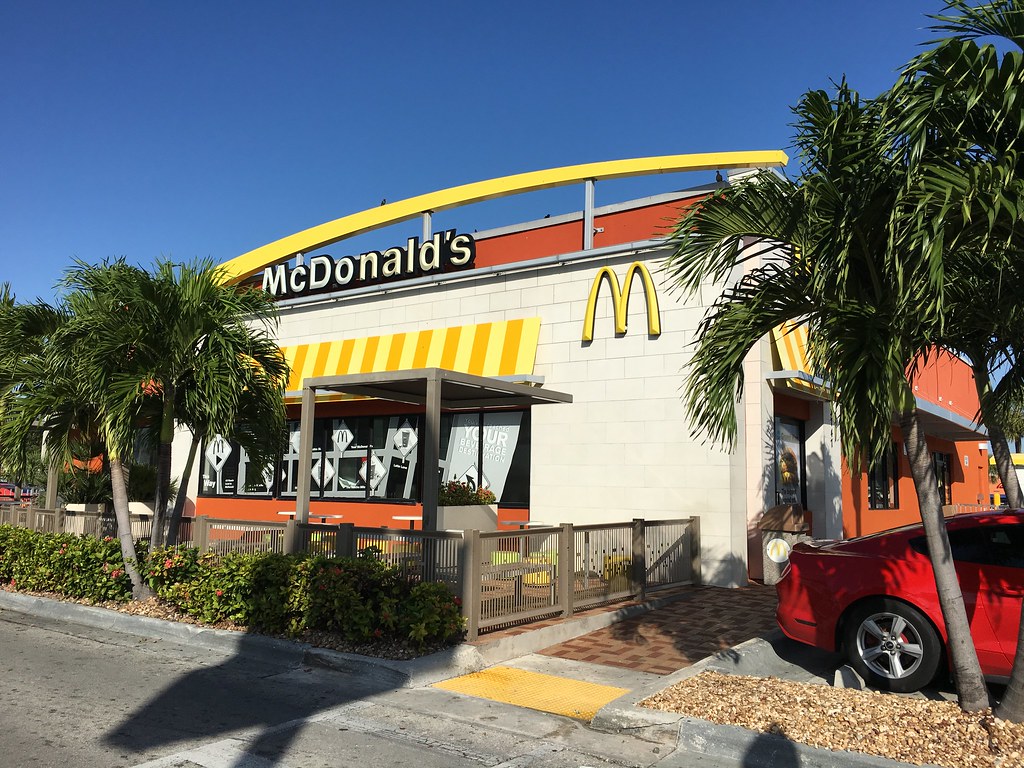
Major chains that depend on a franchise business model have a higher rate of violations. For example, McDonalds has an average of 15 violations per 100 stores since 2020 (via The Post). This is the highest rate of violations across fast-food chains.
The pressure to limit labor costs to offset steep fees seems to be the root cause behind why so many chain restaurants violate child labor laws. Unfortunately, minors are easy to exploit, providing work for a minimum wage.
A 10 Year Old Was a Night Manager
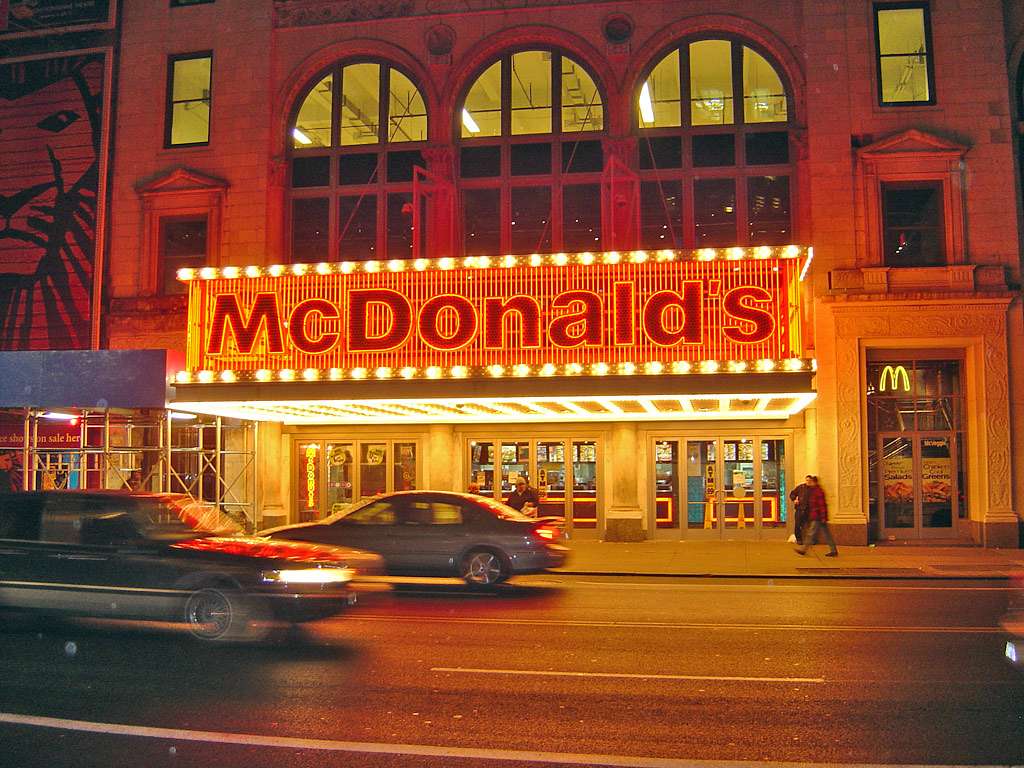
“These are serious violations of the law,” former Labor Department official and professor David Weil told the Post. “These laws are not simply arbitrary. They’re built around the fact that, as a society, we want children first and foremost to get educated so that they can live a life where they have the skills and training to have good jobs.”
The Penalty Isn’t High Enough to Deter Companies
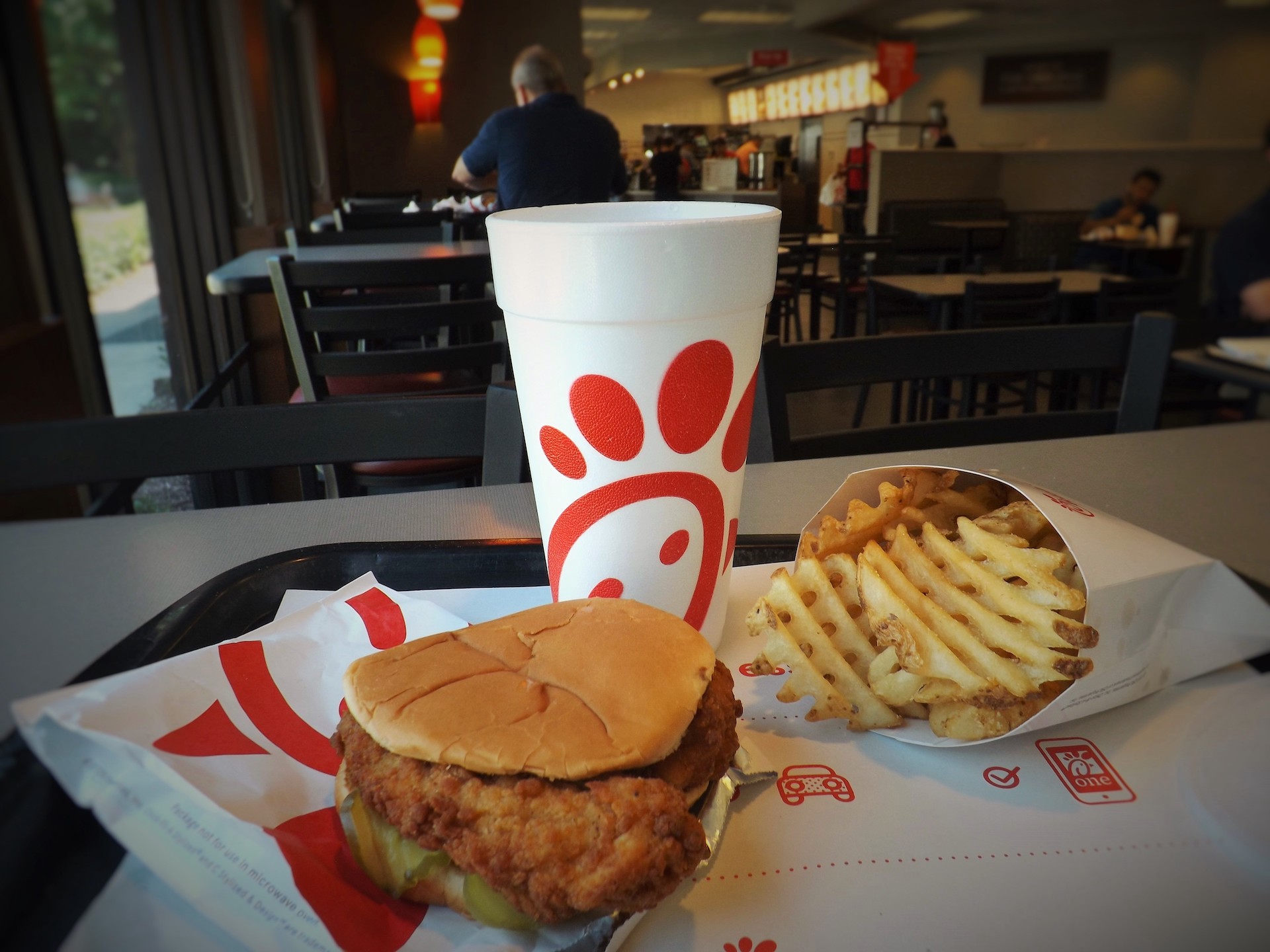
The maximum penalty for a violation of child labor laws is $15,138 per child for cases that do not involve death or serious injury. This payment seems relevantly low for companies that are cutting corners to save more money. Raising the price of a Big Mac to $18 doesn’t seem to be a money-saving/earning solution.
The Post discovered that some fast-food restaurants often repeatedly violate child labor laws because the penalties are not high enough to discourage the practice.
McDonald’s Speaks Out
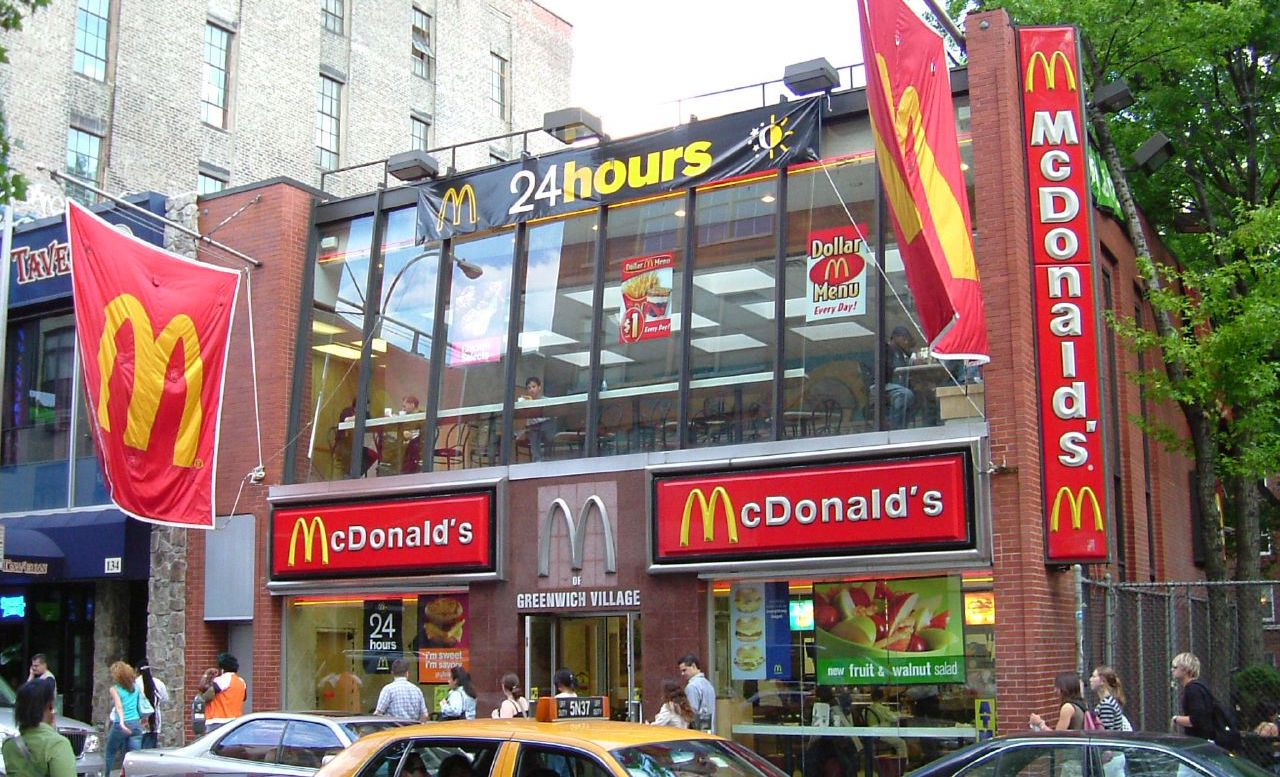
McDonald’s said that the number of violations is small in comparison to the 14,000 U.S. stores which employ over 800,000 people. “We do not believe these complaints reflect the experience of the vast majority of teenage crew members, who are working at McDonald’s restaurants in age-appropriate roles and looking for meaningful jobs in their local communities,” the company said (via the DailyMail).
The company added: “McDonald’s provides ongoing training opportunities and resources—such as recommended best practices around hiring, scheduling, and restaurant safety—to help franchisees ensure compliance with minor labor laws and provide enriching employment experiences to young people seeking them.”
The Biden Administration Steps In
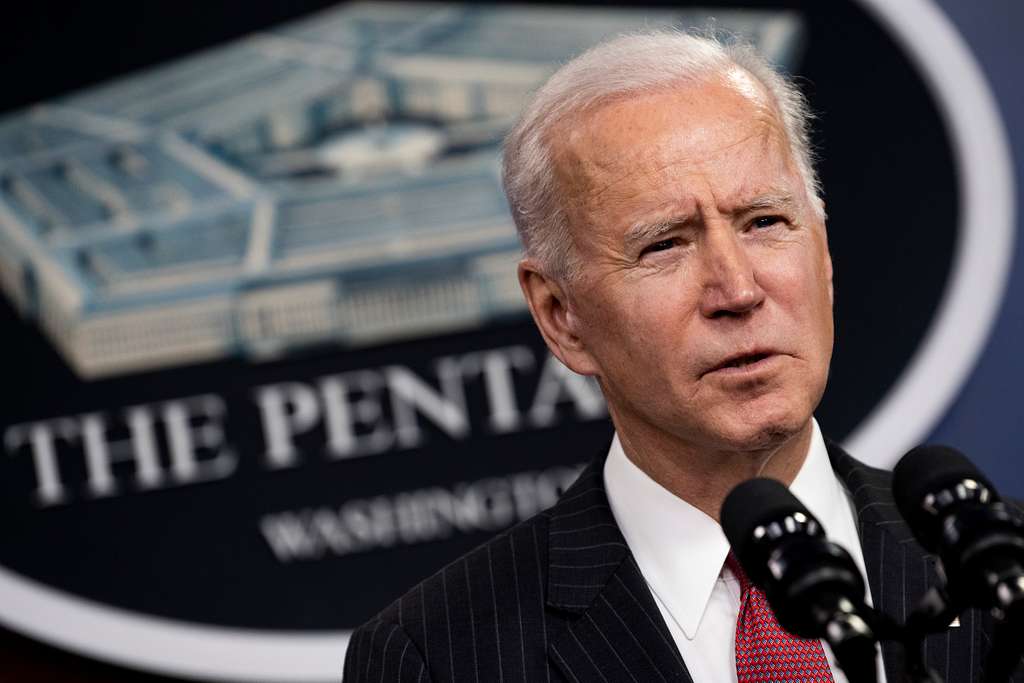
The Biden administration is stepping in to crack down on child labor violators. However, the number of federal investigators tasked to enforce child labor laws is at a near-record low.
According to Jessica Looman, a Labor Department wage and hour administrator, the agency’s enforcement data does “not provide a comprehensive picture of national child labor conditions and practices at any point in time.”
There Could Be More Child Labor Violations

Child labor violations might actually be higher because of the lack of agents investigating the higher number of restaurants across the U.S. Unfortunately, the high number of child labor violations might be a direct result of the Great Resignation that happened after the COVID-19 pandemic.
Millions of service workers left their risky jobs for better-paying and less-grueling opportunities. Teens filled those gaps, taking on extra work to help their families as the threat of the recession and ballooning prices affected poor and working-class Americans.
Five States Are Lobbying to Limit Child Labor Laws
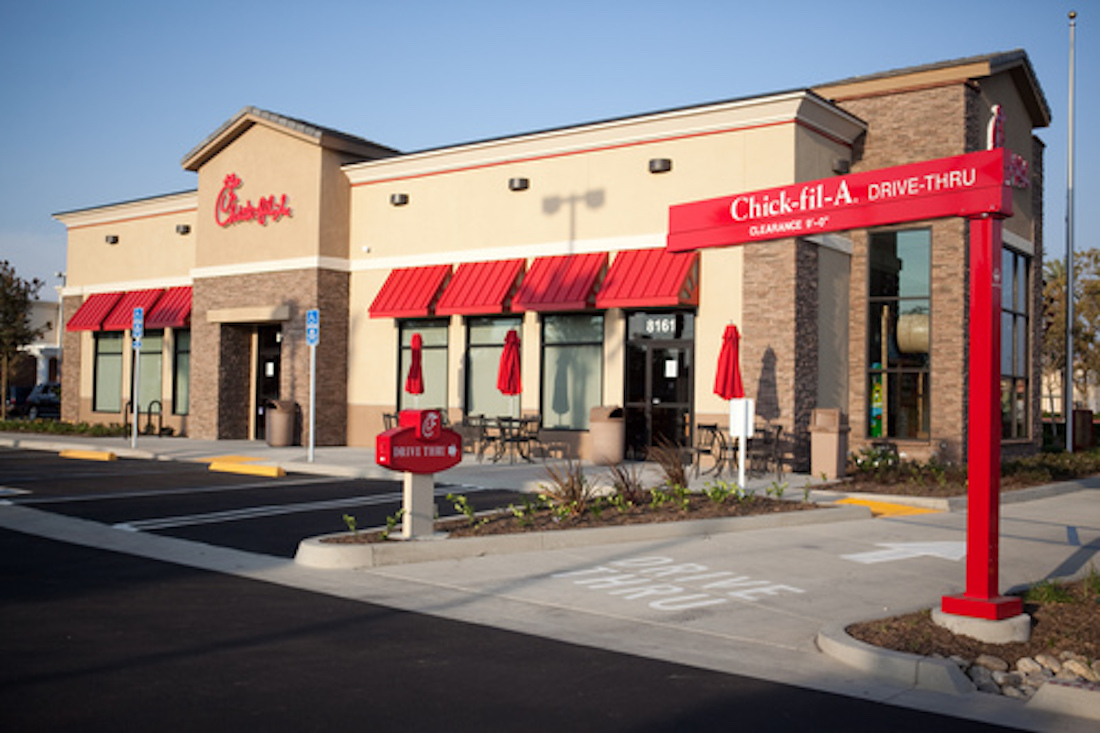
Five states are trying to push laws that would help corporations continue exploiting child labor. According to the Post, “local affiliates of the National Restaurant Association have recently lobbied for laws that would either extend hours or times of day that teens can legally work or lower the age requirements for serving alcohol below 18 years.”
This would legalize the weakening of existing labor laws to provide a solution to the labor shortage fast food franchises are facing.
Should There Be Limits for Minors at the Workplace?
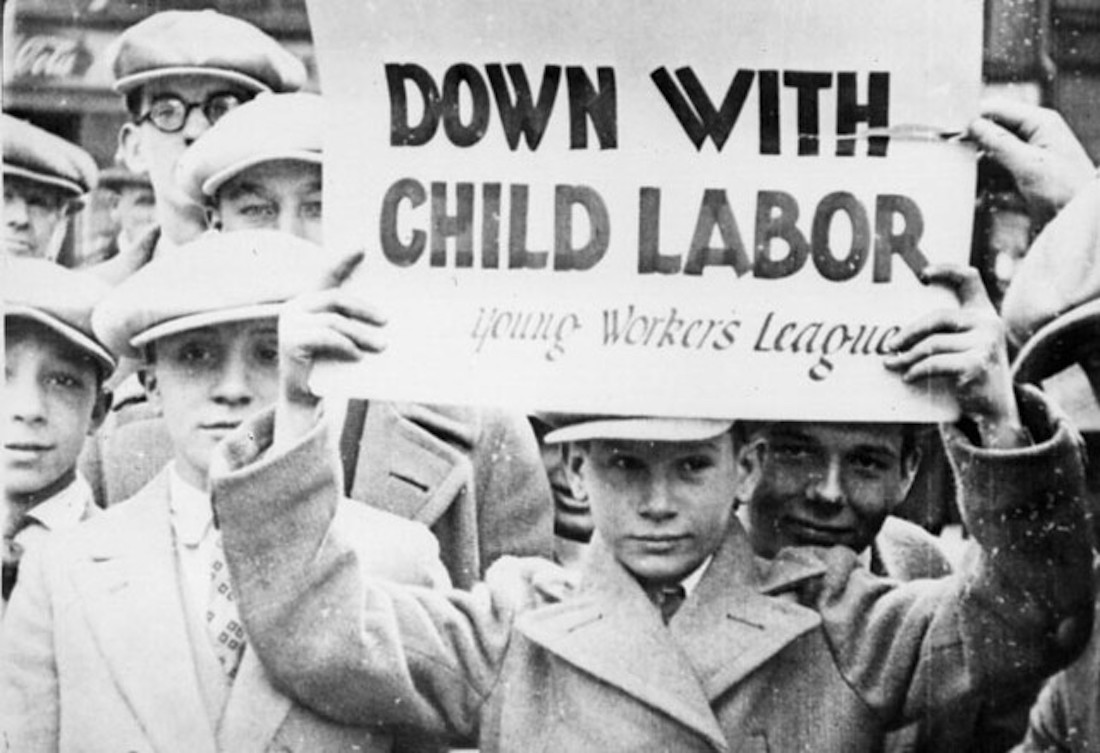
“The franchise model is a major factor in child labor violations because it incentivizes a race to the bottom in terms of labor standards,” said Nina Mast of the Economic Policy Institute to the DailyMail.
Teenagers will often agree to work these types of jobs because it provides payment for the first time, allowing them to have more freedom. But freedom is an illusion in the face of the harmful consequences these teens face outside of the workplace.

